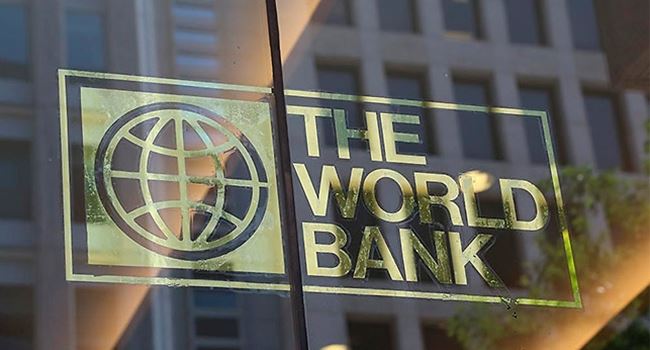Business
World Bank projects Nigeria’s inflation rate to hit 25%

The World Bank has projected Nigeria’s inflation rate to reach 25 percent this year due to the removal of fuel subsidy.
The World Bank had in January last year predicted that Nigeria might have one of the highest inflation rates in the world and the seventh highest in Sub-Saharan Africa.
In its June 2023 edition of the Nigeria Development Update obtained by Ripples Nigeria on Sunday, the Bretton Wood institution said inflation would be driven by a hike in prices of commodities in response to the increase in fuel prices.
The removal of fuel subsidy by the Federal Government in June led to an increase in petrol prices from N189 to above N500 per litre across states in the country.
This pushed up the prices of goods, but the World Bank said this was temporary as the sharp impact of subsidy removal on prices would cool off in the first quarter of 2024.
The report read: “The removal of the petrol subsidy is anticipated to cause a temporary increase in inflation in the upcoming months before contributing to disinflation in the medium term.
READ ALSO:World Bank loan to Nigeria rises by $410 million in first quarter 2023
“The price increases resulting from the subsidy removal will have a one-time impact on prices, primarily affecting petrol purchases for transportation, power generation, and certain services.
“Headline inflation is expected to rise from 18.8 percent in 2022 to 25 percent in 2023. However, by Q1 of 2024, the subsidy removal will start to have a disinflationary effect, meaning that it will alleviate inflationary pressures despite higher petrol prices.”
The Bank stressed that the removal of the fuel subsidy would reduce the government’s dependence on funding from the Central Bank of Nigeria (CBN) and limit money supply growth.
“This is because the subsidy removal creates additional fiscal space and reduces reliance on financing from the CBN, curbing the growth of the money supply.
“To limit the risk of so-called second-round effects, where one-off price increases trigger more generalized inflation including through wage-price spirals, it will be important to adopt macro-fiscal policy settings that are conducive to price stability,” it added.
Join the conversation
Support Ripples Nigeria, hold up solutions journalism
Balanced, fearless journalism driven by data comes at huge financial costs.
As a media platform, we hold leadership accountable and will not trade the right to press freedom and free speech for a piece of cake.
If you like what we do, and are ready to uphold solutions journalism, kindly donate to the Ripples Nigeria cause.
Your support would help to ensure that citizens and institutions continue to have free access to credible and reliable information for societal development.






















